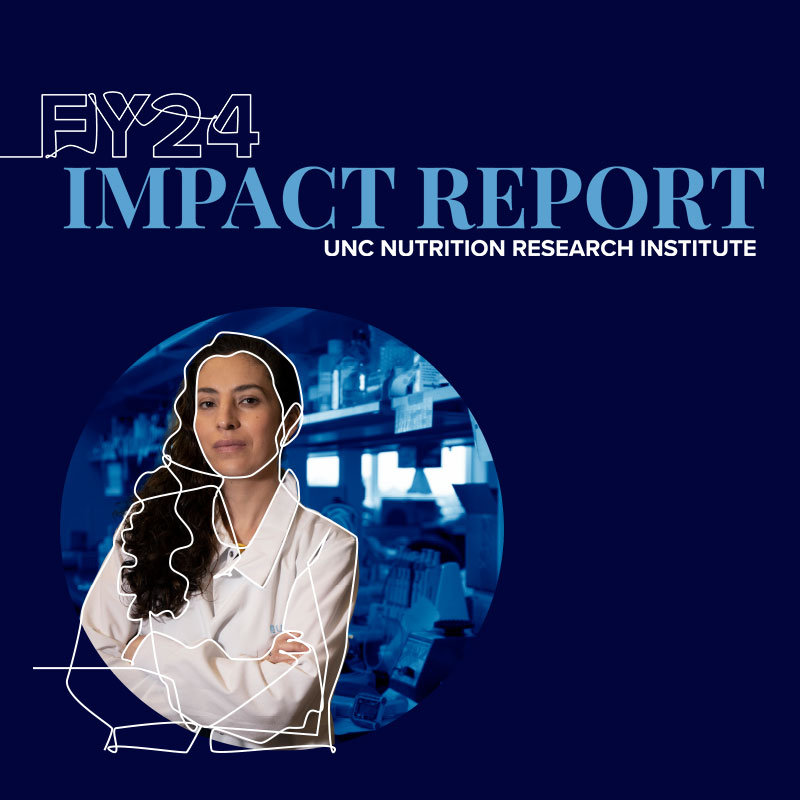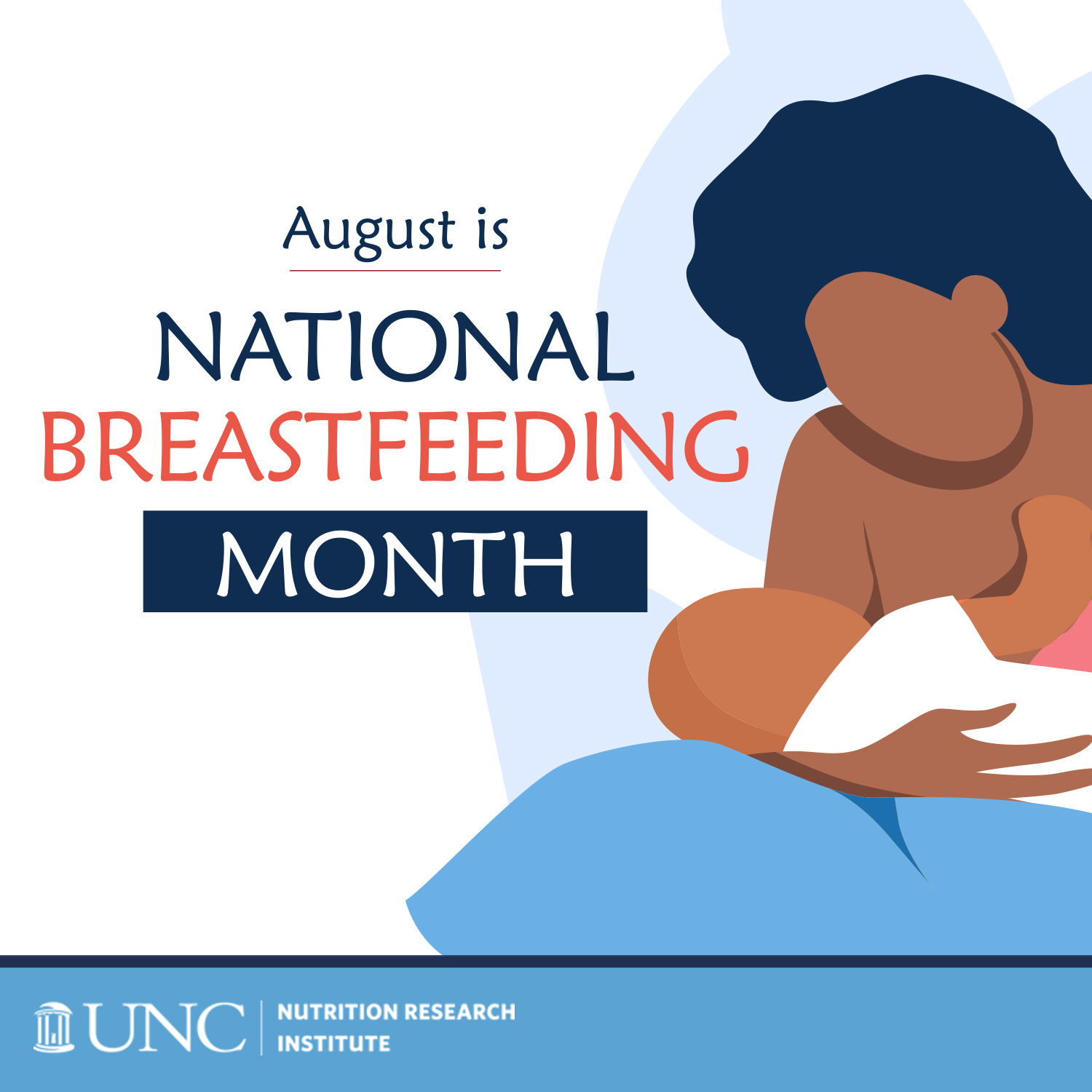Carol L. Cheatham, PhD
Associate Professor, Psychology & Neuroscience
carol_cheatham@unc.edu
704-250-5010
Lab Website
An important member of the UNC Nutrition Research Institute’s research team, Carol L. Cheatham, PhD, focuses on how nutrition can improve children’s brain function. Specifically, her team studies the importance of nutrients for the development of memory and attention abilities.
Broadly defined, Dr. Cheatham’s research focuses on the relationship between an individual’s genome and the metabolism of nutrients, and how this leads to differences in cognitive and social development. Specifically, she is interested in the development of memory and attention as they are the basis for learning, and therefore school readiness. For example, her research asks if the supplementation of children’s diets with omega-3 fatty acids have an effect on their memory abilities over a determined period of time. Many different methods and tools are used in the Cheatham lab to assess abilities, including taking turns with the children building unique toys and the use of special equipment to read their brain activity while they are watching pictures on a computer screen.
“Dr. Cheatham is an expert on the importance of omega-3 fatty acids (fish oils) for normal brain development,” said NRI Director Steven Zeisel, MD, PhD, “This is an exciting and promising area of research that is changing the way women eat during pregnancy and lactation.”
Show More

Julie Hasken, PhD, MPH
Research Associate, Cheatham Lab
Julie joined the NRI in 2012 as a Project Manager for Dr. Philip May focusing on the prevalence, child characteristics, and maternal risk factors of fetal alcohol spectrum disorders (FASD) in the United States and South Africa. She earned her doctorate from the UNC-CH Department of Nutrition in 2021 and has been a postdoctoral research associate at the NRI in the May lab and the Cheatham lab. Julie earned her BS in Health Science from Truman State University and a Masters in Public Health, with a concentration in Health Education and Health Behavior, from UNC-CH. Julie is also a Certified Health Education Specialist.

Elizabeth Hommel
Social Media Manager, Cheatham Lab
Elizabeth joined the Cheatham team in January 2024 as an intern. Currently a senior at Belmont Abbey College, she is pursuing her BS in Biology, with a minor in chemistry, and is passionate about learning more in the clinical research field. She is also a part of the women’s lacrosse team at Belmont Abbey. In her free time she likes to exercise, read, and spend time with friends and family.
Join Us in Advancing Nutrition Science – Study Opportunities for All Ages!
At the UNC Nutrition Research Institute (NRI), we’re on a mission to advance health through precision nutrition – and we invite you to be a part of it! By participating in our studies, you can help us uncover how nutrition affects well-being at every stage of life and...
Discover the NRI’s Impact: FY24 Report
NRI Researchers Secure New NIH R01 Grants for Critical Nutrition Research
Four principal investigators at the UNC Nutrition Research Institute (NRI) have been awarded R01 grants from the National Institutes of Health (NIH). Each grant will fund key research projects designed to advance our understanding of the links between nutrition,...
Celebrating Breastfeeding Awareness Month: Advancing Infant Brain Development through NRI Research
As we celebrate Breastfeeding Awareness Month this August, the UNC Nutrition Research Institute (NRI) is proud to spotlight the work of one of our principal investigators, Carol L. Cheatham, Ph.D. Cheatham’s research is furthering our understanding of how nutrition...
2023
Cheatham, C.L., Lukowski, A.F., Bauer, P.J. (2023). Infant memory. In John H. Byrne (Ed.), Learning and Memory: A Comprehensive Reference (Second Edition), Academic Press, 2017, Pages 383–402, ISBN 9780128052914, https://doi.org/10.1016/B978-0-12-809324-5.21052-3.
2022
*Camerota, M., *Wylie, A.C., *Goldblum, J., *Wideman, L., Cheatham, C.L., Propper, C.B. (2022) Testing a cascade model linking prenatal inflammation to child executive function. Behav Brain Res. 431:113959. doi: 10.1016/j.bbr.2022.113959. Epub 2022 Jun 8. PMID: 35690156.
Cheatham, C.L., *Canipe, L.G. III, Millsap, G., Stegall, J.M., Chai, S.C., *Sheppard, K.W., Lila, M.A. (2022). Six-month intervention with wild blueberries improved speed of processing in mild cognitive decline: a double-blind, placebo-controlled, randomized clinical trial. Nutr Neurosci.6:1-15. doi: 10.1080/1028415X.2022.2117475. Epub ahead of print. PMID: 36066009.
Cheatham, C.L., Nieman, D.C., Neilson, A.P., Lila, M.A. (2022). Enhancing the cognitive effects of flavonoids with physical activity : Is there a case for the microbiome? Frontiers in Neuroscience, 16, https://doi.org/10.3389/fnins.2022.833202
(*Student)
2021
*Canipe III, L. G., *Sioda, M., & Cheatham, C.L. (2021). Diversity of the gut-microbiome related to cognitive behavioral outcomes in healthy older adults. Archives of Gerontology & Geriatrics, 96,104464 https://doi.org/10.1016/j.archger.2021.104464
(*Student)
2020
Cheatham, C.L. (2020). Nutrigenetics, Fatty Acids, & Cognition, In Caterina, Martinez, & Kohlmeier (Eds.). Principles of Nutrigenetics and Nutrigenomics: Fundamentals of Individualized Nutrition (pp. 347-354), London, UK: Academic Press.
Cheatham, C.L. (2020). Nutritional factors in fetal and infant brain development. Annals of Nutrition and Metabolism, 75, 20-32. doi: 10.1159/000508052





